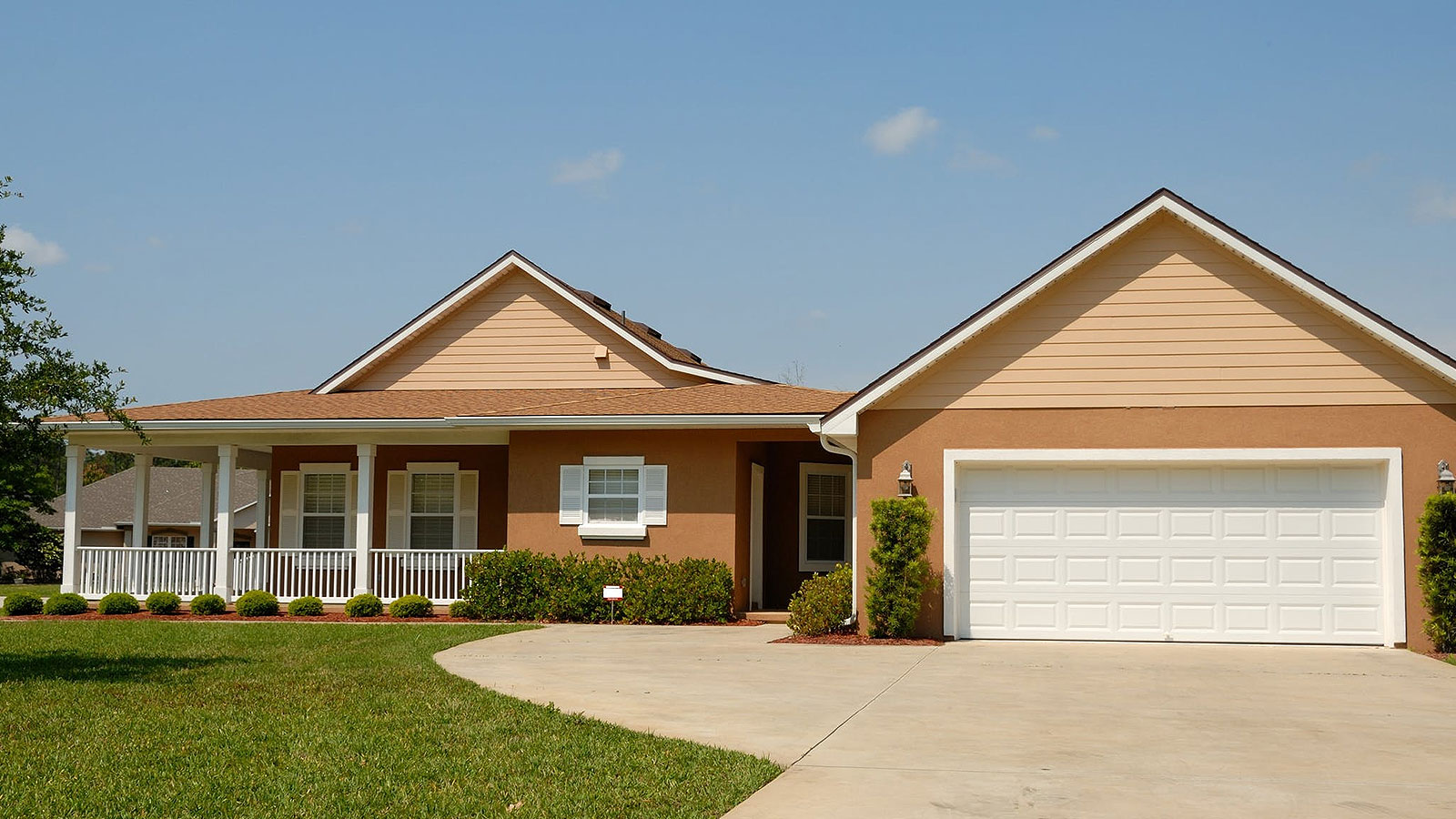Close Navigation
Sitemap
Contact Info

Selling Your Home
Everybody has their own reasons for selling their home. It’s important that you keep yours confidential. You never know who may be listening as you tell your co-workers that you’ve already purchased another home and you need to sell your current one. Inadvertently divulging your motivation to the wrong person, could prove to be detrimental to your negotiating power.
- Tom Brady. Michael Jordan. Tiger Woods. Wayne Gretzky. Ted Tesseris. Scott & Kristine Graham
- Ted was very helpful in my pursuit of buying a home. He was above my expectations through the whole process, and I found him to be well equipped with answers to all my questions. I felt I was in good hands with him, and would recommend Ted to anyone searching for a new home. John Petro
- Ted Tesseris is extremely professional and is always looking out for what is in his clients best interest. We were thrilled that Ted was able to sell our home in just two days. Thank you Ted for being the best you can be in your profession and for always providing 100% for your clients. - Darrin & Fausta Payne
- We have bought and sold two times with Ted and we couldn't be happier! Ted gives well researched and realistic advice, responds immediately to any and all inquiries, and is working hard at all hours, everyday of the week. We highly recommend Ted's superior service to anyone who is serious about real estate. He has made both of our experiences easy, fast, efficient and accurate. Ted is a pleasure to work with! He is a true professional! - Alison & Craig Morton
- It is refreshing to deal with stand-up professionals like yourself! Unfortunately not the norm - Jason & Shannon Ogilvie
- Used Ted’s services many times. Hard working, dedicated and will do what he can to ensure you’re satisfied and the job is done right. Always had great success and sold our houses quickly - Joe & Tammy Brincat
- Ted helped us sell our house. So honest, direct, and effective. We will use Ted again and again! - Mike & Claudia Porter
- With many acquaintances in the real estate industry, my wife and I trusted our intuitions and used Teddy T to sell our home in Alliston. And boy did he ever deliver! He was prompt in replying to our many requests and made the entire experience smooth and stress free. - Sean & Melissa Thompson
- We selected Ted to represent us in the sale of our country home. While other similar homes sat on the market, ours sold in 4 days for full asking price! Ted has a really down to earth approach which was greatly appreciated - Raoul & Carol Hunt
- Ted is a guy you can count on. No nonsense, no empty promises. He just shows up, delivers on his word, and gets the job done. A true pro - Chris & Paulina Wright
- Ted was an absolute pleasure to work with! He always went above and beyond to make sure we were comfortable and highly informed of all our options. He was always attentive to our needs and on top of everything from beginning to end! We would highly recommend Ted! Terri-Lynn Nimmons & Andrew Legge
Copyright © 2026 Ted Tesseris. All Rights Reserved. Web Design by Whetham Solutions | Privacy Policy




